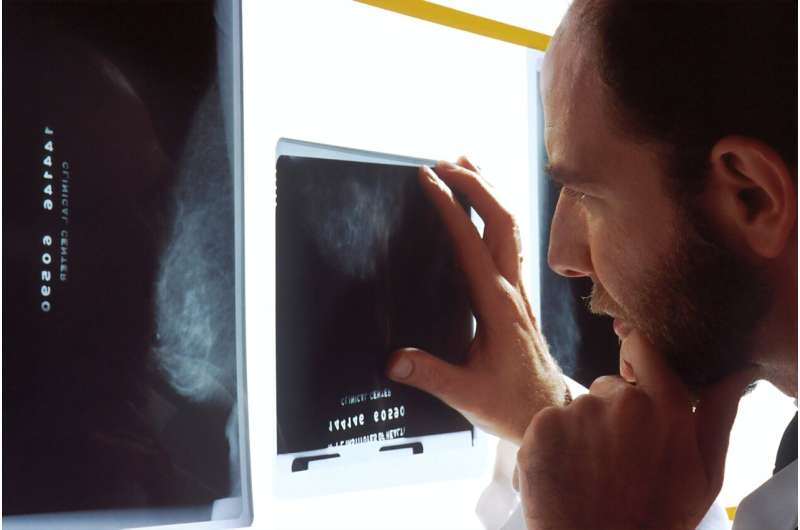Innovative Open-Source AI Model Enhances Breast Cancer Detection Using MRI

A new open-source AI model developed by researchers at CCNY and MSKCC demonstrates high accuracy in detecting and localizing breast cancer in MRI images, offering potential to improve early diagnosis and screening strategies.
Researchers from The City College of New York in collaboration with Memorial Sloan Kettering Cancer Center (MSKCC) have introduced a groundbreaking open-source artificial intelligence (AI) model capable of detecting breast cancer in MRI images with high accuracy. This advanced model not only identifies the presence of tumors but also pinpoints their specific locations, offering a significant step forward in breast cancer diagnostics.
Published in the journal Radiology: Artificial Intelligence, the study highlights that while AI has made notable progress in breast cancer detection, common challenges such as lack of interpretability and limited availability for external validation hamper widespread clinical adoption. The new model addresses these issues by being trained on the largest dataset of breast MRI images to date, and its performance is comparable to that of expert breast radiologists. In fact, it outperforms existing automated detection tools, marking a notable advancement in the field.
The development team, led by Professor Lucas C. Parra, aimed to create a tool that could assist in early detection, which is critical for improving patient outcomes. Early diagnosis significantly increases the chances of successful treatment, especially given that breast cancer is a leading cause of cancer-related mortality among women in the United States.
Breast MRI is recognized for its superior sensitivity compared to traditional mammography, especially in women with dense breast tissue. With current recommendations to expand the use of MRI for breast cancer screening, particularly among high-risk groups, the new AI model offers a promising tool to enhance screening accuracy and efficiency.
The model's open accessibility encourages independent evaluation and future enhancements, potentially leading to broader clinical implementation. The research team, comprising experts from CCNY and MSKCC, emphasizes that such AI tools could revolutionize breast cancer screening and diagnostics, making early detection more reliable and accessible.
For more information, the full study can be referenced in
Radiology: Artificial Intelligence (2025) via DOI: 10.1148/ryai.240550.
Source: https://medicalxpress.com/news/2025-06-high-source-ai-breast-cancer.html
Stay Updated with Mia's Feed
Get the latest health & wellness insights delivered straight to your inbox.
Related Articles
How the Brain Forges Flexible Mental Maps by 'Flickering' Between Reality and Memory
New research reveals how the brain dynamically switches between current perceptions and stored memories to navigate complex environments, with implications for understanding memory and mental health conditions.
New Study Finds Elevated Troponin Levels in Athletes Are Not Due to Coronary Blockages
A comprehensive study reveals that high troponin levels in athletes post-exercise are not linked to coronary artery disease, emphasizing muscle response rather than blockages as the cause.
Growing Public Health Threat: Communicable Disease Surge in Canada Amid US Policy Cuts
Canada faces an increasing threat from communicable diseases amid US health system reductions, highlighting the need for strengthened surveillance and preparedness.



